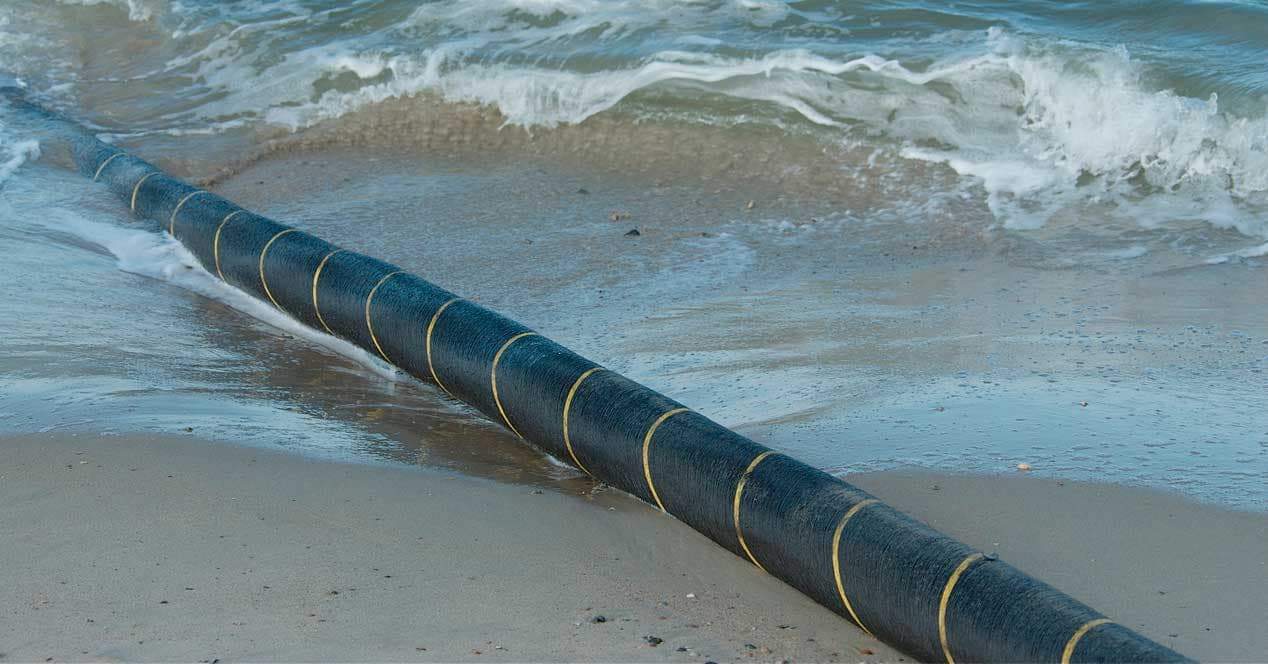
For some time now, more precisely during the last few years, the United States and its allies have been keeping a close eye on and growing concerned about increasing Russian military activity in the areas of critical undersea cables, which are considered the backbone of the global internet and telecommunications.
That’s because these cables carry the majority of data and electricity traffic between continents. Now, as geopolitical tensions rise, they could be becoming strategic targets for potential sabotage operations, with Russia a prime suspect in this new front.
Read also:
Signal app, more secure than WhatsApp, is blocked in Venezuela and Russia
PutinStation? Russia confirms it will develop its own console
The importance of submarine cables
The concern is justified. These submarine cables are extremely important as they are responsible for transporting more than 95% of internet and telecommunications traffic between countries.
These fiber optic cables, which run for thousands of kilometers on the ocean floor, facilitate everything from personal communication to highly important financial and government operations. In addition, many of them are also essential for transporting electricity between various countries, especially in Europe.
And precisely because they are so important to the functioning of the internet and global commerce, any disruption or damage to these cables could have a huge impact on nations. An attack on this infrastructure could end up causing huge losses in crucial sectors, such as financial markets, energy supply, government communications and even military operations.
The Russian strategy

Recent reports have revealed an increase in Russian naval activity around undersea cables in various parts of the world, especially near Europe. According to US sources, Russia has been investing in a secret military unit, known as the “Main Directorate of Deep-Sea Research” (GUGI, in its Russian acronym), dedicated specifically to underwater sabotage.
And to do this, GUGI has several tools, such as a specialized fleet of surface ships, as well as submarines and naval drones, which allows Russia to carry out hidden operations on the seabed.
This focus on submarine operations has become increasingly prominent in recent years, especially in the Baltic Sea and the North Sea, regions where submarine cables are essential for connectivity between European countries.
Investigations by public broadcasters in Sweden, Denmark, Norway and Finland have shown that there is indeed a Russian fleet of spy ships operating in these waters, possibly mapping undersea cables and energy facilities such as wind farms for future attacks.
Global risks and Western responses
And Russia attaches so much importance to the GUGI that investment in the unit has not decreased one bit, even in the face of the war against Ukraine, something that has certainly mobilized a large part of the country’s military resources.
In other words, it is clear that Moscow sees submarine cables as a potential strategic tool to destabilize the West in times of conflict, even outside the Ukrainian war zone.
Russian activities around these undersea cables are quite worrying, as successful sabotage has the potential to not only disrupt international communications, but also make it difficult for Western governments to respond.
Furthermore, since these cables are mostly operated by private companies, responsibility for maintenance and security is fragmented, increasing vulnerabilities. The destruction or compromise of these infrastructures could quickly escalate geopolitical tensions, creating a dangerous scenario of misunderstandings that could result in even greater conflicts.
The US and its allies are already taking steps to monitor and protect this critical infrastructure. NATO naval patrols, such as those in the Baltic Sea, are keeping a close eye on Russian activity, and preemptive action is being taken to minimize the impact of potential sabotage.
In addition to Russia, China has also shown interest in similar operations. In recent years, Chinese naval forces have been seen around undersea cables near Taiwan, raising suspicions that Beijing is preparing to cut the island off from the rest of the world in the event of a wider conflict.
This type of activity poses a new challenge to global communications security, especially in regions of high geopolitical tension.
Source: CNN
Source: https://www.hardware.com.br/noticias/russia-ameaca-atacar-cabos-submarinos-da-internet-e-isso-pode-causar-apagao-da-rede.html


